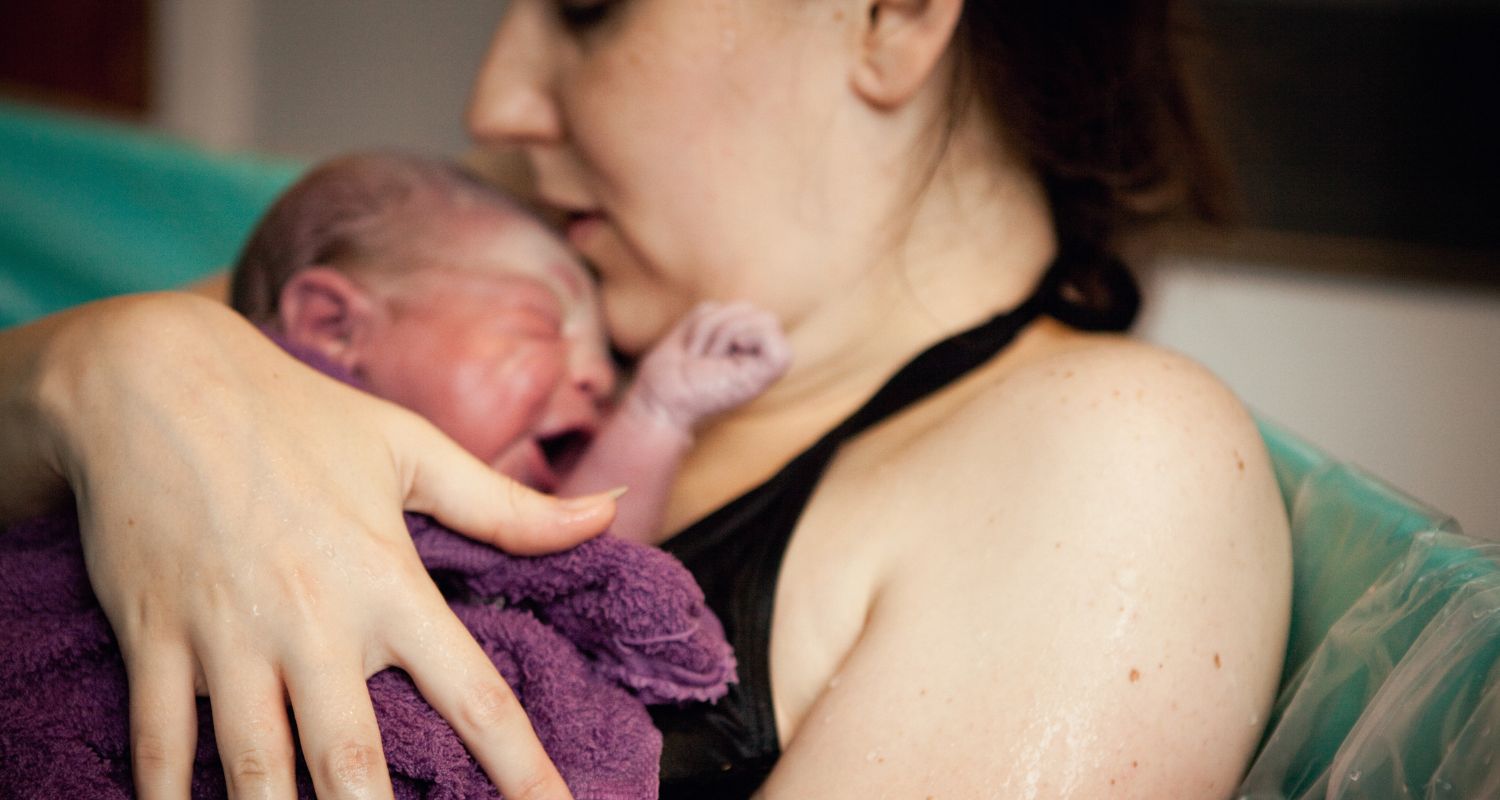Bringing a new life into the world is a transformative experience, and it’s no wonder that many women seek ways to support their postpartum recovery. Some are even ready to eat their own placenta! This practice that has gained attention in recent years, but is far from being mainstream.
While it may seem unusual at first, placenta consumption has historical and cultural significance in various societies. There’s a reason we see many mammals eating their placenta after giving birth. For one it has a lot of health benefits. Although it’s not something I did myself, I did some research to learn about it and thought I’d share my findings here because it is such an interesting topic.
Understanding Placenta Consumption
The placenta is a remarkable organ that develops during pregnancy, nourishing and protecting the growing fetus. Traditionally, many cultures have revered the placenta as sacred, attributing it with symbolic importance and healing properties. Today, it’s doing a comeback with the trend for more natural and less medical childbirths. As a result, increasing number of women are considering placenta consumption to harness its potential benefits for postpartum well-being.
Potential Benefits of Placenta Consumption
Hormonal Support and Postpartum Recovery
Those who advocate eating your placenta highlight several potential benefits for mothers. One significant claim is that consuming the placenta can aid in hormonal support and postpartum recovery. The placenta contains hormones, including oxytocin and progesterone, which play crucial roles in mood stabilization and the body’s healing processes. By reintroducing these hormones through placenta consumption, some women report improved emotional well-being and a smoother postpartum transition.
Nutritional Composition of Placenta
In addition to hormonal support, the placenta is rich in nutrients that can aid in replenishing the mother’s body after childbirth. It contains essential vitamins, minerals, and proteins, including iron and B vitamins, which are often depleted during pregnancy and childbirth. These nutrients can help combat fatigue, promote healing, and support overall postpartum health.
Improved Breastfeeding
Containing, estrogen, progesterone, prolactin, oxytocin and human placental lactogen, the placenta is filled with good hormones and chemicals for improved lactation. Furthermore, some women experience enhanced milk production and a better breastfeeding experience after eating their placenta.
Methods for Eating your Placenta
For Everyone: Encapsulating
Placenta consumption can take different forms to suit individual preferences. One popular method is encapsulation, where the placenta is dehydrated, ground into a fine powder, and encapsulated for easy ingestion. This allows for controlled dosages and convenient consumption. It is best that encapsulation be carried out by a trained professional to ensure safety and proper handling.
For the Daring: Put it into your cooking
For those interested in culinary experiences, placenta can also be prepared and incorporated into various recipes. Cooking methods may include steaming, stir-frying, or adding it to soups and stews. Different cultures have their own unique ways of preparing placenta, allowing for creative and culturally diverse approaches to consumption. Still, it is crucial to prioritize hygiene and proper food handling practices during preparation to minimize any potential risks.
Concerns and Safety
Unless it’s something common in your family or culture, it is probably best to speak about eating your placenta with your birthing team, such as your doctor, doula, and midwife. They can provide valuable guidance, answer questions, and discuss any potential risks or contraindications based on individual health conditions.
Safety measures should be followed during placenta handling and preparation. Proper hygiene, thorough washing, is essential. It is also important to be aware that allergic reactions are possible, although rare.
Whether or Not to Eat your Placenta
Ultimately, the decision to consume your placenta is a personal one. It is essential to consider your beliefs, values, and comfort levels when exploring this practice. While some women find great benefits in placenta consumption, others may choose alternative methods for postpartum support. Each woman’s journey is unique and beautiful.
I hope you have found this topic as fascinating as I did! If you want more about b, check out the benefits of acupuncture for a happy & healthy pregnancy.
Until next time, Tania xx
*This article is provided for informational purposes only and does not intend to substitute professional medical advice, diagnosis, or treatment.

